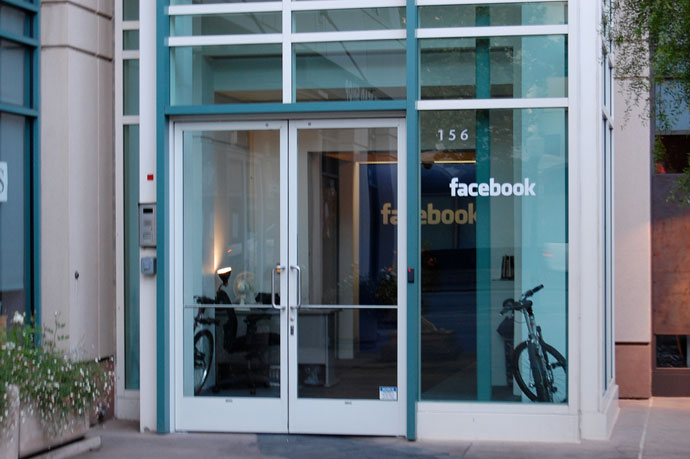Facebook Releases Diversity Statistics, Company Is Not Very Diverse At All

Image via Flickr/ antony_mayfield
In a new report released by Facebook’s Global Head of Diversity on Wednesday, Facebook revealed the demographics of its employees for the first time. It turns out that the company’s is not all that diverse.
The data shows that there is one group that makes up the largest percentage of Facebook’s staff, both in the U.S. and internationally: White males.
Overall, men significantly outnumber women on Facebook’s staff with the June 2014 data showing that 69 percent of Facebook’s global employees are male. The gender gap is just as starkly apparent amongst the employees in the Tech sector of the company, with a whopping 85 percent males swamping the measly 15 percent of females.
White employees also dominated every demographic group, especially amongst the U.S. employees, where more than half of all American staff fell under this category. The second largest group was Asians at 34 percent.
Other minority groups barely made it on the graph, with Hispanics counting for 4 percent of U.S. employees, followed closely with people of more than two races, and Blacks making up the smallest number of U.S. Facebook employees at 2 percent.
Perhaps the most disappointing and not completely surprising data showed that the majority of all senior level employees in all of Facebook’s global offices were males — and by huge margin. In the U.S., those male seniors also happened to White.
Facebook admits that the company’s diversity statistics are not ideal and not where they should be but also stresses that the company’s mission is to create a more diverse working environment through a number of new initiatives and plans.
As these numbers show, we have more work to do – a lot more,” Facebook’s Global Head of Diveristy, Maxine Williams, said in the report. “But the good news is that we’ve begun to make progress. Diversity is something that we’re treating as everyone’s responsibility at Facebook, and the challenge of finding qualified but underrepresented candidates is one that we’re addressing as part of a strategic effort across Facebook.”
In order to bring more people of diverse backgrounds into their workforce, Facebook is teaming up with organizations like the Anita Borg Institute, the National Center for Women & Information Technology and Yes We Code, an organization that provides low-opportunity youth with tools and resources to become programmers. Other “pipeline” programs Facebook says they’ll be partnering with in the future include, Girls Who Code, Code 2040, National Society of Black Engineers; Society of Hispanic Professional Engineers and Management Leadership for Tomorrow. Additionally, the company says they will begin to provide “unconscious bias training for employees” to promote diversity within its current workforce.
Research also shows that diverse teams are better at solving complex problems and enjoy more dynamic workplaces,” Facebook says. “So at Facebook we’re serious about building a workplace that reflects a broad range of experience, thought, geography, age, background, gender, sexual orientation, language, culture and many other characteristics.”









































